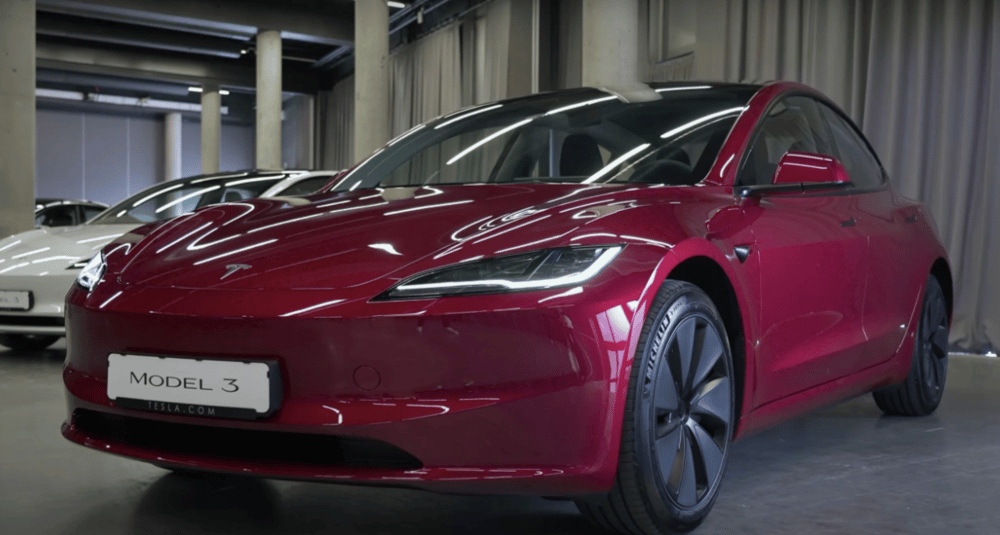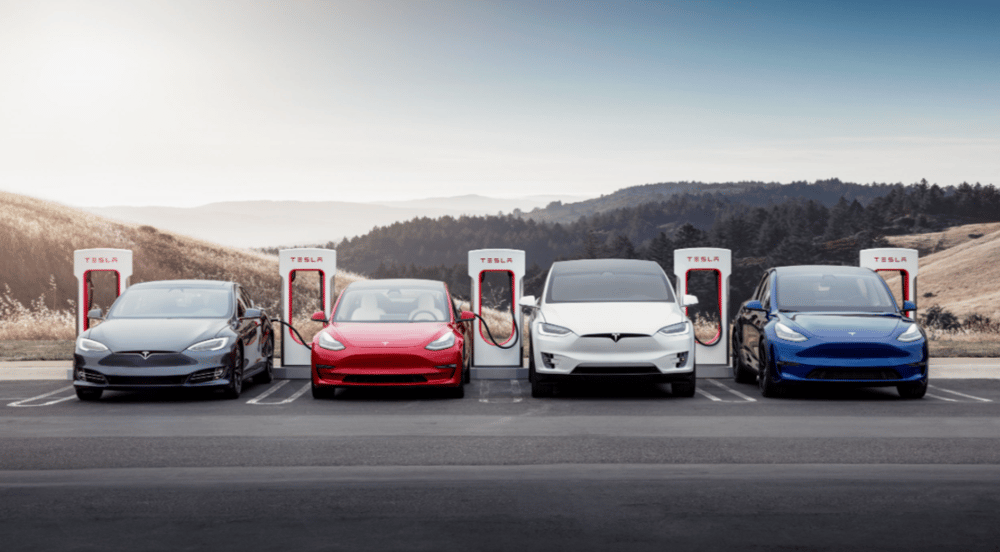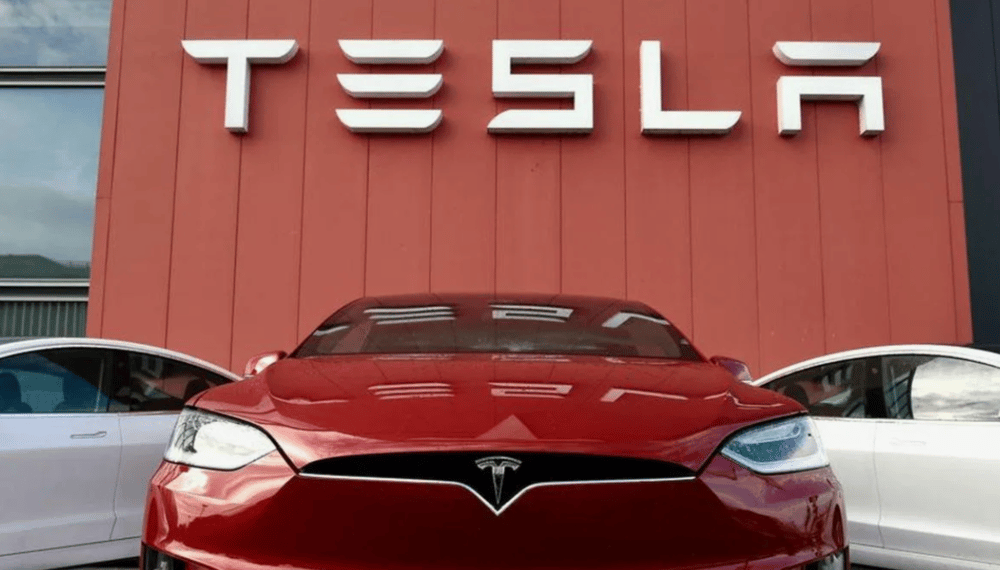Tesla New Car Sales in the UK Drop Over 45% in May Amid Political Controversies
Tesla Inc. $TSLA experienced a significant decline in new car sales in the United Kingdom during May 2024. Preliminary data from New AutoMotive research group, released on Wednesday, reveals that Tesla’s sales dropped by more than 45% year-on-year. The electric vehicle (EV) manufacturer sold 1,758 units in May 2024 compared to 3,244 in the same month last year. Market analysts attribute this decline partly to Tesla CEO Elon Musk's controversial political positions in Europe, which have reportedly alienated a segment of the UK consumer base.
Impact of Elon Musk’s Political Views on Tesla’s Market Share in the UK
Tesla’s market share erosion in the UK underscores how leadership and public perception can influence sales performance in sensitive political climates. The reported 45% decrease in Tesla’s new vehicle registrations reflects not only heightened competition in the EV sector but also reputational risks tied to Elon Musk’s outspoken ultra-right political endorsements across Europe.
This decline comes amid an increasingly competitive UK EV market, where traditional automakers and emerging players are aggressively expanding their electric offerings. While Tesla had previously enjoyed robust growth driven by innovation and early market leadership, recent months reveal a sharp reversal as consumer sentiment shifts.
The impact of CEO Elon Musk’s political stance is noteworthy. Public opinion in the UK has shown signs of polarization, affecting Tesla’s brand perception and potentially motivating some consumers to favor alternative manufacturers. Moreover, the political landscape and growing regulatory pressures in Europe are also influencing corporate strategies and consumer preferences in the automotive sector.

Key Facts
Tesla UK new car sales in May 2024: 1,758 units
May 2023 sales: 3,244 units
Year-on-year decline: over 45%
Reported cause: CEO Elon Musk’s ultra-right political views in Europe
Source: New AutoMotive research group (preliminary data)
Market and Industry Reactions to Tesla’s Sales Decline
The sharp drop in Tesla’s UK sales has triggered concern among investors and market analysts, highlighting the interplay between corporate leadership image and market dynamics. Competitors such as Volkswagen $VWAGY, Nissan $NSANY, and Jaguar Land Rover $JAG.TO have intensified their efforts in the UK EV market, capitalizing on Tesla’s vulnerability.
Industry experts note that Tesla’s sales decline may accelerate if the company fails to address brand image issues and political controversies. UK consumers, increasingly aware of corporate social responsibility, may pivot towards manufacturers perceived as more aligned with mainstream values.
From a market perspective, Tesla’s stock has shown volatility amid these developments, as investors weigh geopolitical risks alongside production and supply chain factors. Analysts suggest that maintaining market share in key regions like the UK will require Tesla to recalibrate its approach to public relations and corporate governance.

Key Takeaways
Tesla’s UK EV sales plummeted by over 45% year-on-year in May 2024.
Elon Musk’s political affiliations in Europe are linked to deteriorating brand perception.
Increasing competition from established automakers is intensifying market pressure.
Consumer preferences in the UK show growing sensitivity to corporate political stances.
Tesla’s stock volatility reflects broader concerns over leadership and market strategy.
Significance of Tesla’s Sales Decline for UK Market Position and Future Strategy
Tesla’s substantial sales drop in the UK highlights the growing complexities of operating in politically sensitive markets. The company’s reliance on CEO Elon Musk’s public persona has become a double-edged sword, affecting consumer loyalty and brand strength.
Moving forward, Tesla will need to balance innovation leadership with effective reputation management to sustain its market position in the UK and Europe. The decline also serves as a cautionary tale for multinational corporations navigating the intersection of politics, public opinion, and business performance in the rapidly evolving electric vehicle industry.















Comments